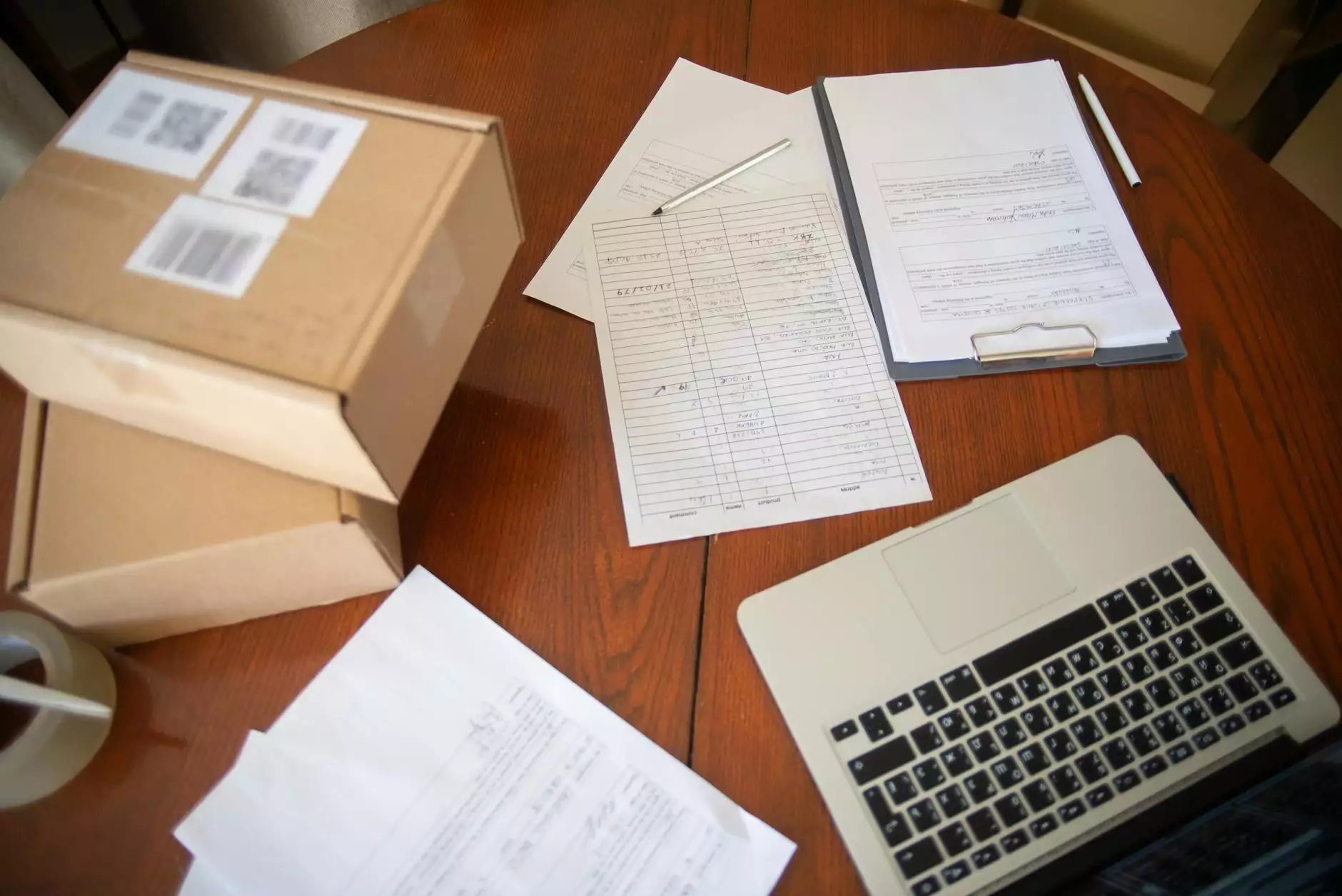The Power of Nuclear Energy: Exploring the Pros and Cons

Nuclear energy has been a contentious topic for decades, with proponents and opponents fiercely debating its merits. In this article, we will delve into the nuclear energy pros and cons in the context of business and sustainability.
Understanding Nuclear Energy
Nuclear energy is the energy released during nuclear reactions, either through fusion or fission processes. It is a powerful source of energy that can be harnessed to generate electricity and power various industrial processes.
Pros of Nuclear Energy
- Low Greenhouse Gas Emissions: One of the primary advantages of nuclear energy is its low carbon footprint compared to fossil fuels. This makes it a cleaner alternative for businesses looking to reduce their environmental impact.
- High Energy Density: Nuclear energy has a high energy density, meaning a small amount of nuclear fuel can produce a significant amount of power. This makes it an efficient and reliable source of energy.
- Stable and Predictable Energy Supply: Nuclear power plants can operate continuously for long periods, providing a stable and reliable energy supply. This can be beneficial for businesses that require uninterrupted power.
- Cost-Competitive: Despite initial construction costs, nuclear energy can be cost-competitive over the long term, especially when considering low fuel costs and stable energy prices.
- Technological Innovation: The nuclear energy sector continues to innovate, developing safer and more efficient nuclear reactors that address past concerns regarding safety and waste management.
Cons of Nuclear Energy
- Radioactive Waste: One of the major drawbacks of nuclear energy is the production of radioactive waste that requires careful management and disposal to prevent environmental contamination.
- Accident Risks: While modern nuclear reactors are designed with safety in mind, the risk of accidents, such as meltdowns or leaks, still presents a serious concern for both public safety and the environment.
- High Initial Costs: Building and commissioning nuclear power plants require substantial upfront investment, making it a capital-intensive endeavor that may deter some businesses.
- Public Perception: Nuclear energy often faces public opposition due to fears of radiation, accidents, and nuclear proliferation. Overcoming these perceptions can be a challenge for businesses considering nuclear power.
- Limited Fuel Supply: While nuclear fuel sources such as uranium are abundant, there is a finite supply that raises concerns about long-term energy sustainability.
Conclusion
In conclusion, nuclear energy offers a mix of advantages and disadvantages for businesses seeking a reliable and clean energy source. Understanding the nuclear energy pros and cons is crucial for informed decision-making and sustainable energy planning. Despite the challenges it presents, nuclear energy remains a viable option for businesses looking to reduce their carbon footprint and secure a stable energy supply.









